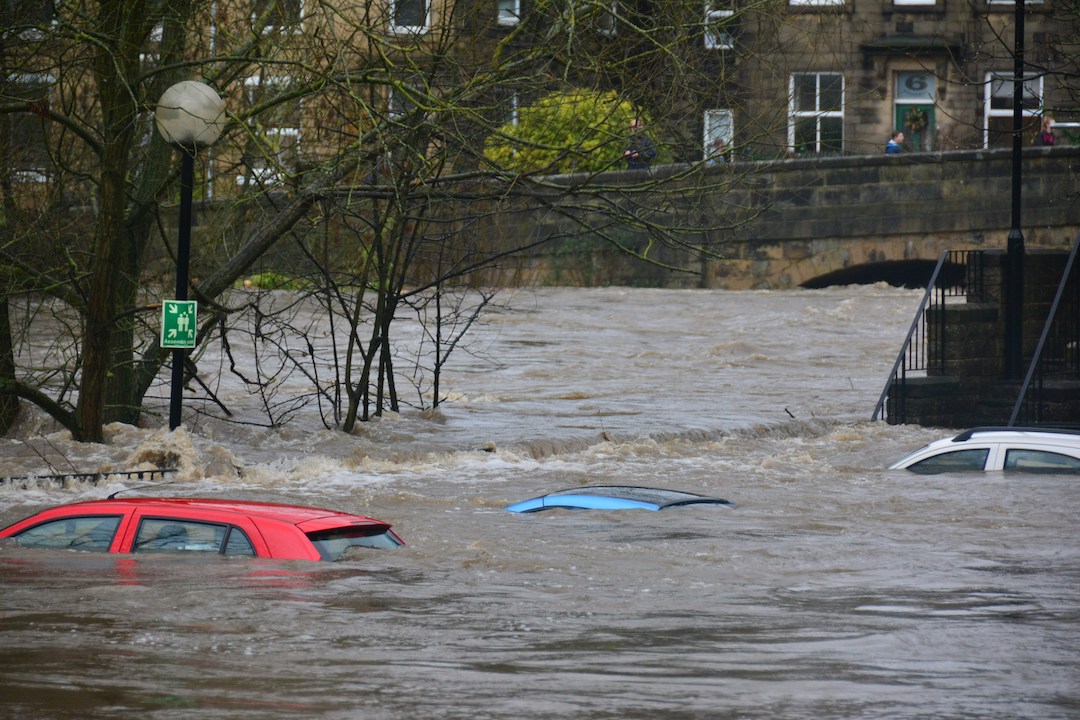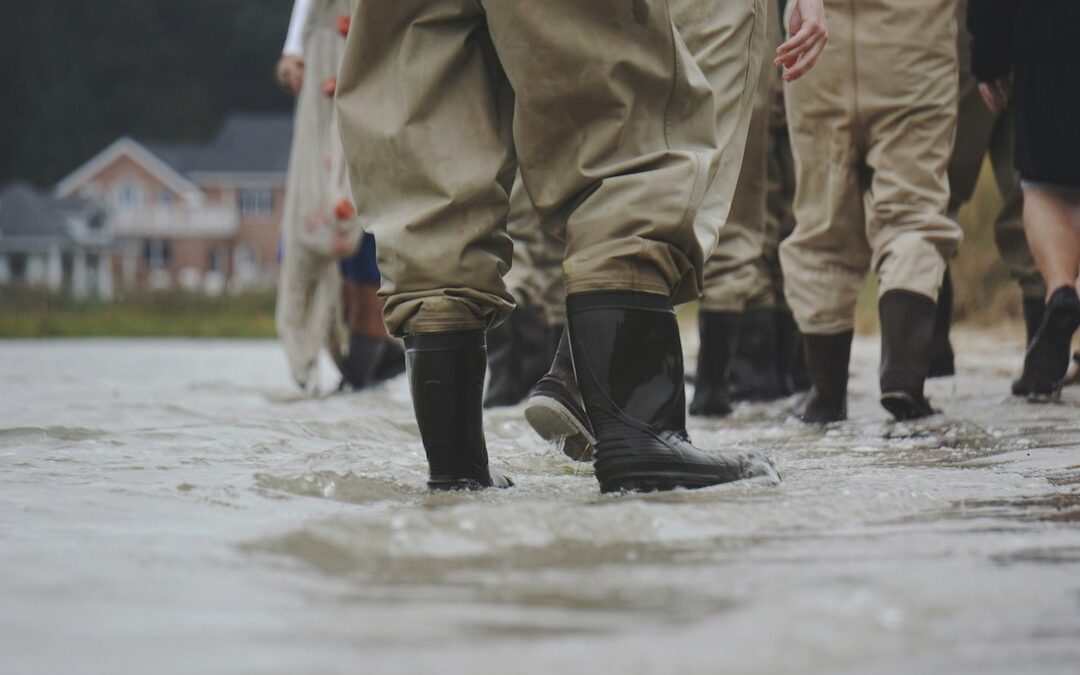The government is warning that small businesses need to be ready for the impacts of natural disasters.
The Australian Small Business and Family Enterprise Ombudsman, Bruce Billson, cautions that the floods and storms currently sweeping the country could impact small businesses without a disaster plan.
“An enquiry by my office found that only one in four small businesses have a current business continuity plan,” the Ombudsman explains.
“Natural disasters can be devastating for small and family businesses – either their business is directly damaged or wiped-out, or they are an indirect victim who has survived the disaster only to have no customers because of the impact on their town or region.
Many local business owners are among the first in a community to offer emergency response and support services, such as laying sandbags or helping people reach higher ground. While these vital services can help people get back on their feet quicker, it opens businesses up to vulnerabilities in the aftermath of a disaster.
“Just like the businesses they run, small business owners are the lifeblood of our communities,” says the Ombudsman.

Personal protection
Small businesses are the backbone of Aussie communities, contributing to both the economy and the culture of towns.
According to the Ombudsman, it’s important for these institutions to be as prepared as possible in the case of a natural disaster. He recommends a few simple questions that business owners can ask when assessing whether their company is protected in the case of an emergency:
- Do you have the contact details for your customers, suppliers, staff, accountant and other important people in a safe place?
- Do you have any copies of relevant accounts, passwords and backups of important operational data?
- Would it be feasible to continue operating from another location?
- Are your payments to relevant bodies such as insurers, lenders and the Tax office up to date?
By following these simple steps, businesses can avoid nasty surprises after a disaster.
“Feeling secure can be as simple as ensuring your record keeping is up to date and that critical information is at hand and, where possible, digitised so you can retrieve it if your business is destroyed.”

Floods and other natural disasters can have serious consequences for local companies.
Navigating the roadblocks
Unfortunately, it’s not always easy for small businesses to access the security they need. In fact, many owners struggle to secure comprehensive insurance at an affordable price.
“If they can get insurance, it often comes with excesses that would preclude any claim ever being made”’ explains the Ombudsman.
“Frustratingly, insurers are also uninterested in the steps individual small and family businesses take to mitigate disaster risk, or dismissive of them.
“We have examples of individual businesses doing everything they can possibly do but it has zero impact on the availability and the pricing of their premiums.”
Similarly, these companies may lose customers or stock during disasters, which can have long-term impacts when trying to rebuild.

Small businesses are vital to their local communities.
Systematic support
The Ombudsman is clear in his recommendations for how government organisations can support small business owners. He suggests the creation of a data storage system designed specifically for small businesses to store all relevant government-held and other important information.
“We believe a business hub should be established to provide a single point from which to seek help from government and non-government agencies. And we strongly recommend a “tell-us-once” triage system should be adopted to save small business owners the trauma and time associated with repeating their story,” he says.
The Ombudsman also believes that these companies should be afforded support beyond initial disaster relief. This could include an additional grant available six months after the first Australian Government grant as a ‘business health check’. He also believes there is a need for a disaster risk management plan which identifies disaster prone areas and offers additional infrastructure hardening, relocation schemes and more for those most vulnerable.
“Sadly, too often we have seen how natural disasters can cause lasting harm to the enterprising women and men building businesses, employing local community members, and contributing to the Australian economy,” he said.
“Small business creates vitality in our communities, employs two out of every five people with a private sector job and contributes one-third of our GDP, so it is absolutely worth building its resilience.”
For the Ombudsman checklist on how to prepare for a disaster, click here.
To learn more about the essential role of small business owners after disasters, click here.

